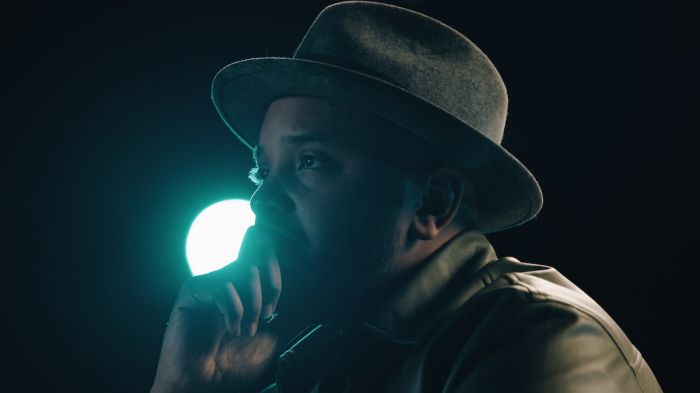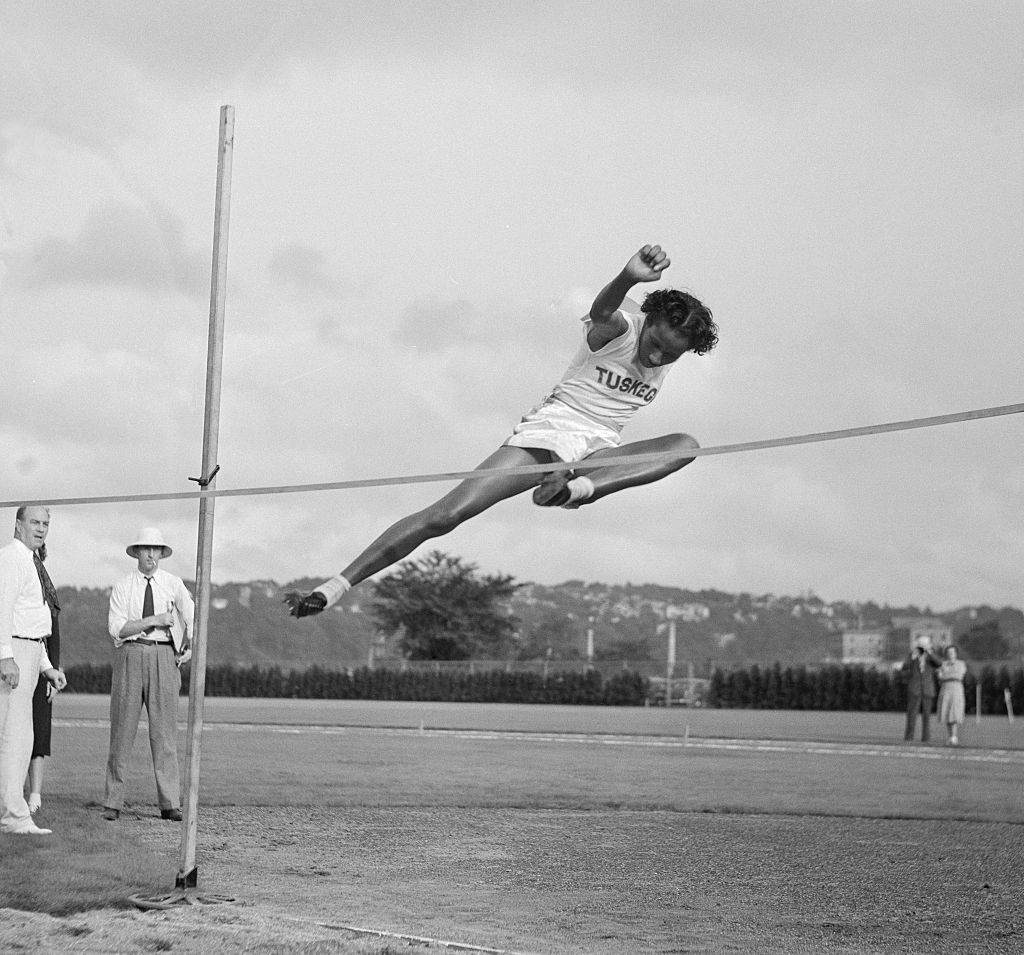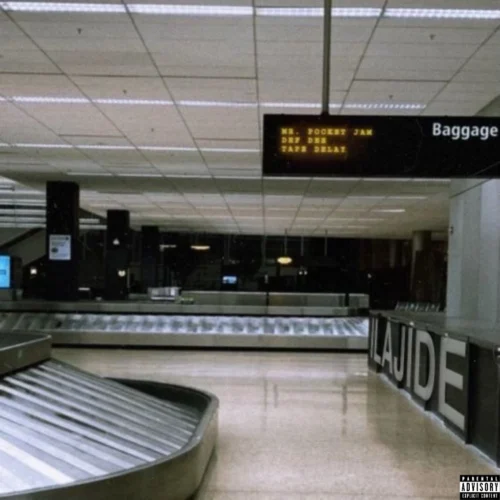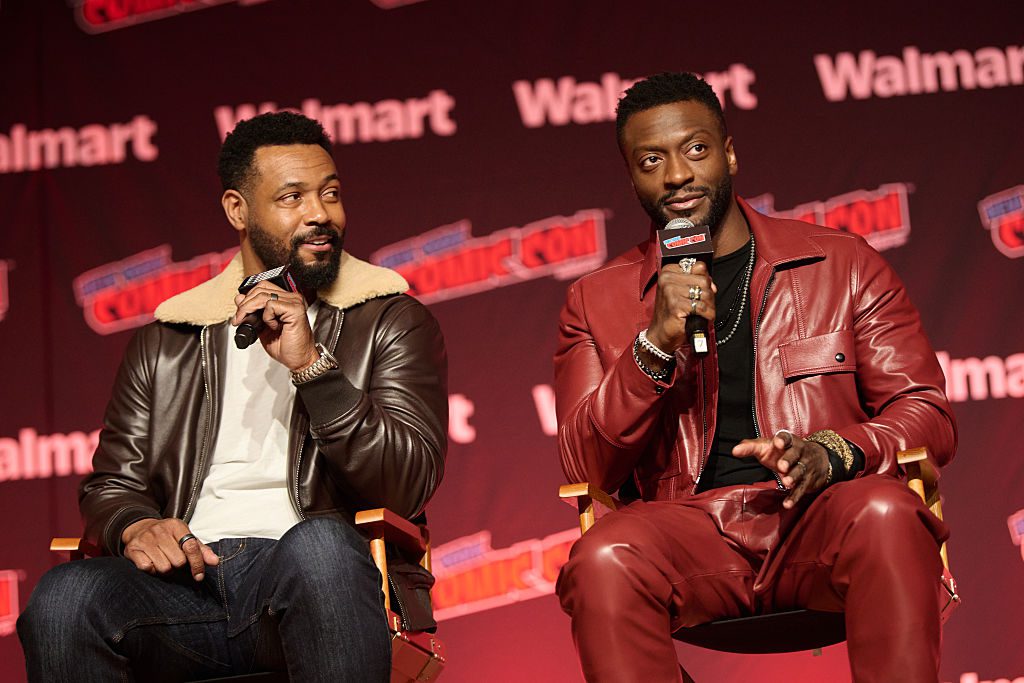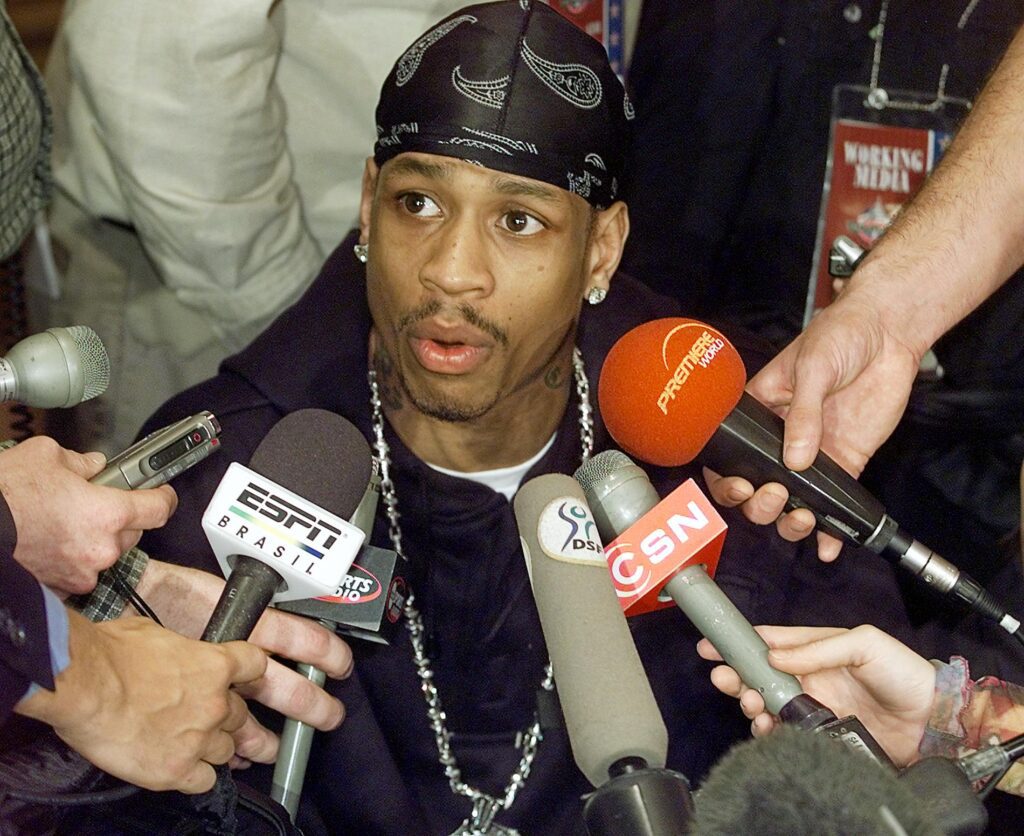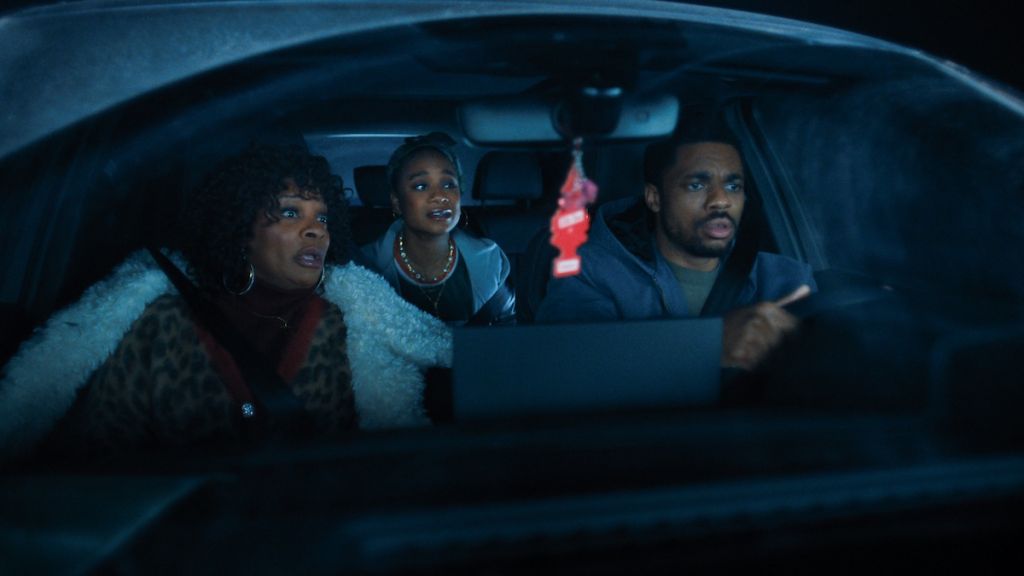MGM+ continues to wow us with their programming, particularly with Hollywood Black.
Source: Courtesy / MGM +
Inspired by historian Donald Bogle’s book Hollywood Black, director Justin Simien chronicles the history of cinema from a point of view we’ve seldom seen before. Simien sits down with notables in film, from actors, writers, directors, and producers to critics and scholars to explore the critical role that Black culture has played in film.
After making big noise with his film Dear White People led to the Netflix series of the same name, Simien most recently directed the Disney feature film Haunted Mansion. Despite his previous experience in TV and film, Simien says making Hollywood Black was a completely different animal.
“It was chaotic, it was scary, but also it was fueled by a genuine passion, by anger,” Simien told GlobalGrind. “I’m realizing anger is a really important part of my career. If I’m not angry about something, the work is not as good.”
“It was a lot of discovery and it was a project that I really had to surrender, over and over,” Simien continued. “There were so many times the project was dead and was not going to happen and I just had to get over it. There were so many times I didn’t know how something was going to turn out, who we were going to get for the interview, how the narrative would shape up. Are we going to come back with the strike? On and on. There were so many moments of just total surrender and I couldn’t be more proud of this series. I couldn’t be more grateful to my collaborators and just honestly to I feel like I was kind of like a midwife to something that was bigger than me and just needed to come into the world and I’m happy I was able to bring it there.”

Source: Courtesy / MGM +
While Hollywood Black revisits many of the films held sacred in Black culture, but the project also shines a light on creators and projects who haven’t been celebrated enough. Simien reveals he discovered some of the key figures mentioned in the project while making the docuseries.
“There were so many!” Simien said. “Bert Williams has become profoundly important to me as a historical figure. I think Black people, we don’t really know how to talk about him, because he was a Black minstrel performer.”
“Charles Lane, this incredible filmmaker whose career is not really talked about or trumpeted as much as some of his peers, but who in 1989 when Spike Lee went to Cannes with Do the Right Thing, Spike is on the podium talking about Charles Lane. That’s the person we need to talk about,” Simien added.
“I think we kind of understand Blaxploitation, but I don’t think even someone like Melvin Van Peebles I don’t think we necessarily contextualize him in the present day the way that we could,” Simien continued. “And then William Greaves that was a big one for me. He’s a documentary filmmaker, he’s a filmmaker. He made all kinds of stuff but Symbiopsychotoxiplasm which is a movie he made in 1968, I mean you can barely spell it or pronounce it, but it is razor sharp — one of the freshest things I’ve ever seen. It is Black genius on display. I would get so mad that no one taught me about this movie. It’s just so relevant. That’s just a smattering, but yeah this is filled with people that I hadn’t really heard about or hadn’t really engaged with their work before making this.”
In addition to Simien, who leads the conversation that threads the entire series, Hollywood Black also features W. Kamau Bell, Steven Caple, Jr., Ryan Coogler, Ava DuVernay, Gina Prince-Bythewood, Issa Rae, LaKeith Stanfield, Gabrielle Union, Lena Waithe, Forest Whitaker, as well as critics, journalists, costume designers and more. The conversations never feel wooden or forced, instead Simien’s relationships with his peers make for very real dialogues and leave room for controversial takes.
“I wanted people to feel like a fly on the wall,” Simien told GlobalGrind. “I knew that, especially from my podcast, but just from my life, like the kinds of conversations that I have with my peers about these topics are not the kind of conversations most people get to hear or have access to. Especially when you’re dealing with history, it can just so easily become a passive viewing experience. It can sometimes take a really long time to figure out how this has anything to do with your present day life and I wanted to at the start say, ‘No this is about right now. You’re talking about the past, but I’m talking about the past with the present and with the future. I want people to get why this is vitally important right now and I want people to hear the struggles that we go through. I wanted us to have conversation that wasn’t just us trying to sell something that we’ve made, or look beautiful, or be fabulous, or all the wonderful things that we are, but get real, get really real about what it feels like to be a Black artist right now at this time.”
Episode 1 of Hollywood Black debuted Sunday, August 11, 2024 on MGM+ and is currently streaming.
Check out episodic descriptions below:
Episode 1: Built On Our Backs – August 11, 2024
From the silent era to the late 1960s, an emboldened generation of Black actors and directors make films that counter denigrating imagery of Black people and forever change Hollywood’s perception of Black storytellers.
Episode 2: The Defiant Ones – August 18, 2024
Following the unrest of the 1960s, Black filmmakers look to celebrate Black culture on screen. As Hollywood begins to see dollar signs, Black actors and directors try to maintain their dignity without selling out.
Episode 3: The Price of Admission – August 25, 2024
In the 1990s, a new generation of Black filmmakers and megastars are embraced by the studio system. Yet independent and female filmmakers who diverge from mainstream portrayals of Black life still struggle for recognition.
Episode 4: Dear Black People – September 1, 2024
After the election of President Barack Obama, Hollywood offers Black filmmakers more opportunities than ever. From Selma to Get Out to Black Panther, Black filmmakers embrace new genres to critical and commercial success.


